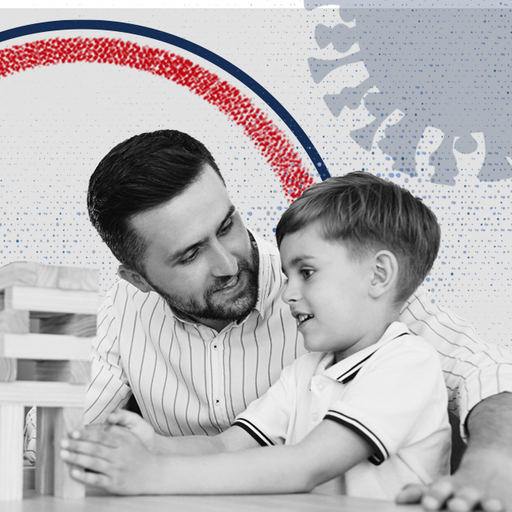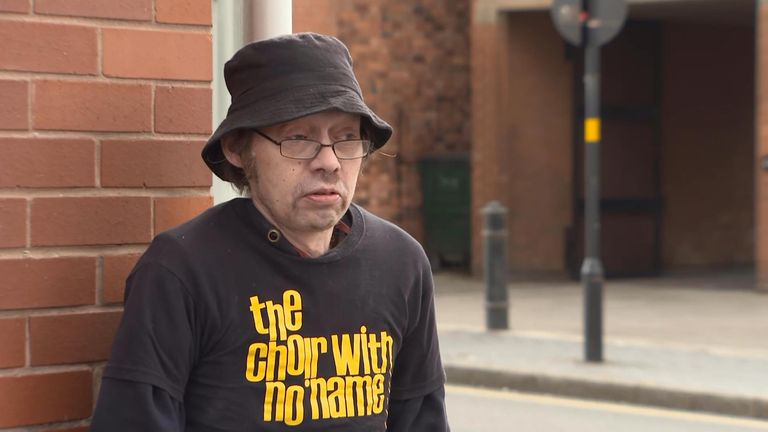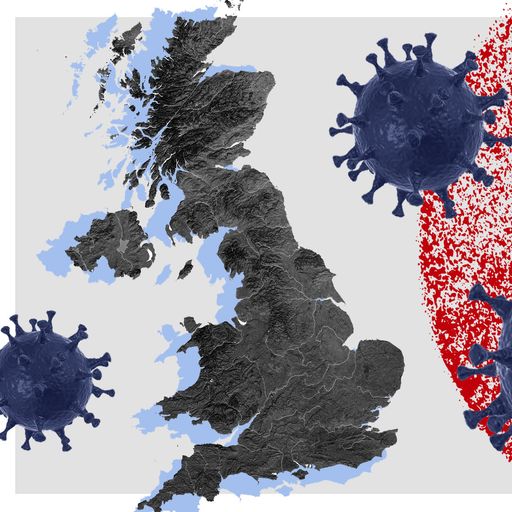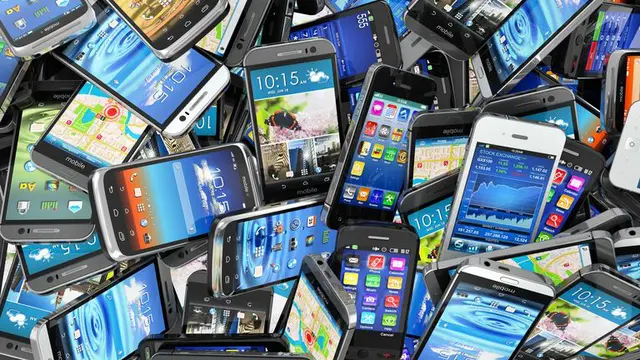An environment charity is joining forces with a major mobile network to try to supply old or unused mobile phones to people who are digitally unconnected during lockdown.
Hubbub Foundation UK suggests that for each smartphone currently in use, four phones lie unused and it is teaming up with O2 to put them in the hands of those who are digitally excluded.
The scheme, called Community Calling, has been launched in Southwark, London, but with as many as 1.9 million people lacking internet access, if it proves effective it could be rolled out to elsewhere in the UK.
Gavin Ellis, director and co-founder at Hubbub, said: "Community Calling offers a simple way to get unused smartphones to people who need them most during the current pandemic, allowing them to access essential services, to educate their kids or to stay in touch with loved ones.
"Plus it has the bonus environmental benefit of avoiding electrical waste going to landfill or incineration."
Schemes like this can't come soon enough for Matt Twynam. Until the
coronavirus
crisis he was being supported by the Choir With No Name charity, which works with people who are, or were, homeless in London, Brighton, Liverpool and Birmingham.
Choir members may also have a learning disability, mental health issue or addiction, or they may simply be older or live in poverty.
Before lockdown, rehearsals with the choir provided Matt with his only social contact in any given week.
Now, those rehearsals have gone online, and Matt - who used to be homeless - has no smartphone and no access to the internet.

Coronavirus lockdown: What you can do - and what you still can't
"It's eight weeks now, and it's a long time to be cut off from something like the choir and all your mates," he explains.
"A lot of people tell you they feel like they're lost without their smartphone. Well, for me, when you lose the choir, it feels like my right arm has been cut off.
"It's something I look forward to every week - to sing for two hours, have a meal together prepared by the volunteers for us, having a chit chat, and then instantly looking forward to rehearsals again next week."
He added: "In terms of the choir, yes they can try to have Zoom sessions, but loads of us don't have the internet, so it doesn't really work."

Image:Matt Twynam has become isolated form his friends

Coronavirus UK tracker: How many cases are in your area – updated daily
The feeling of isolation experienced by people like Matt is reflected in a new report by the All Party Parliamentary Group (APPG) on social integration.
"Social Connection in the
COVID-19
Crisis" says many efforts to reach isolated groups during the lockdown have successfully moved online, but that can leave some of the most isolated individuals even further excluded - because they do not own or cannot afford devices, wifi or data to get online, or lack the skills or English fluency to manage online communication.
It calls for an expansion of "digital champion" schemes, where volunteers support those who lack digital skills and confidence - and recommends deploying some of those who have offered themselves as NHS volunteers.
When the current crisis period ends, the APPG urges a long-term commitment from the government, educational institutions, employers and civil society to reduce digital exclusion.
For people like Matt, such support is desperately needed.
 简体中文
简体中文




